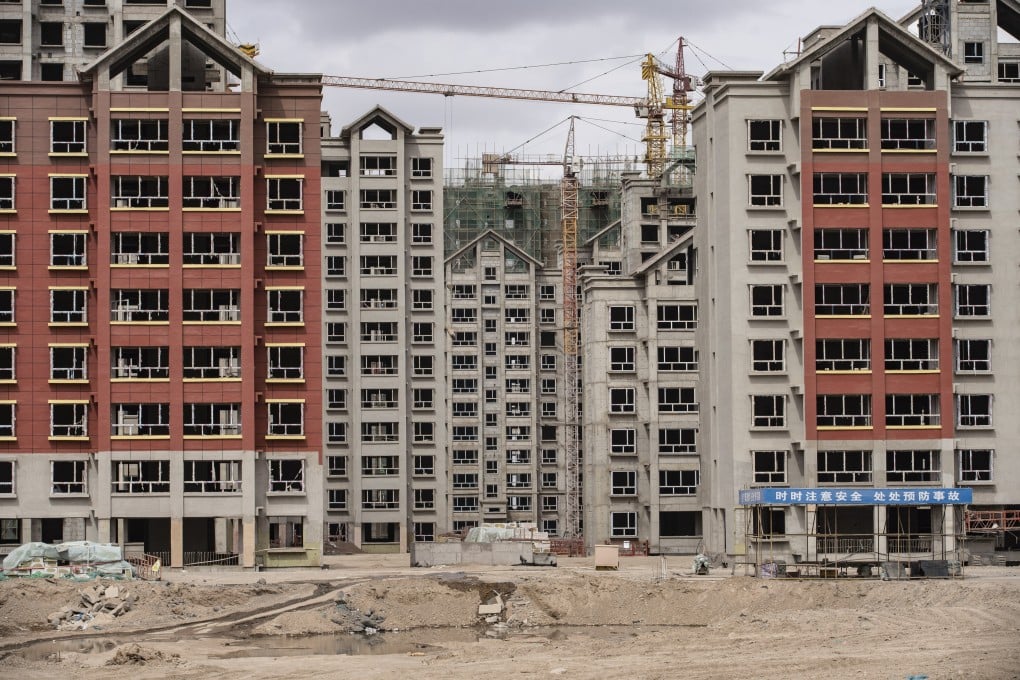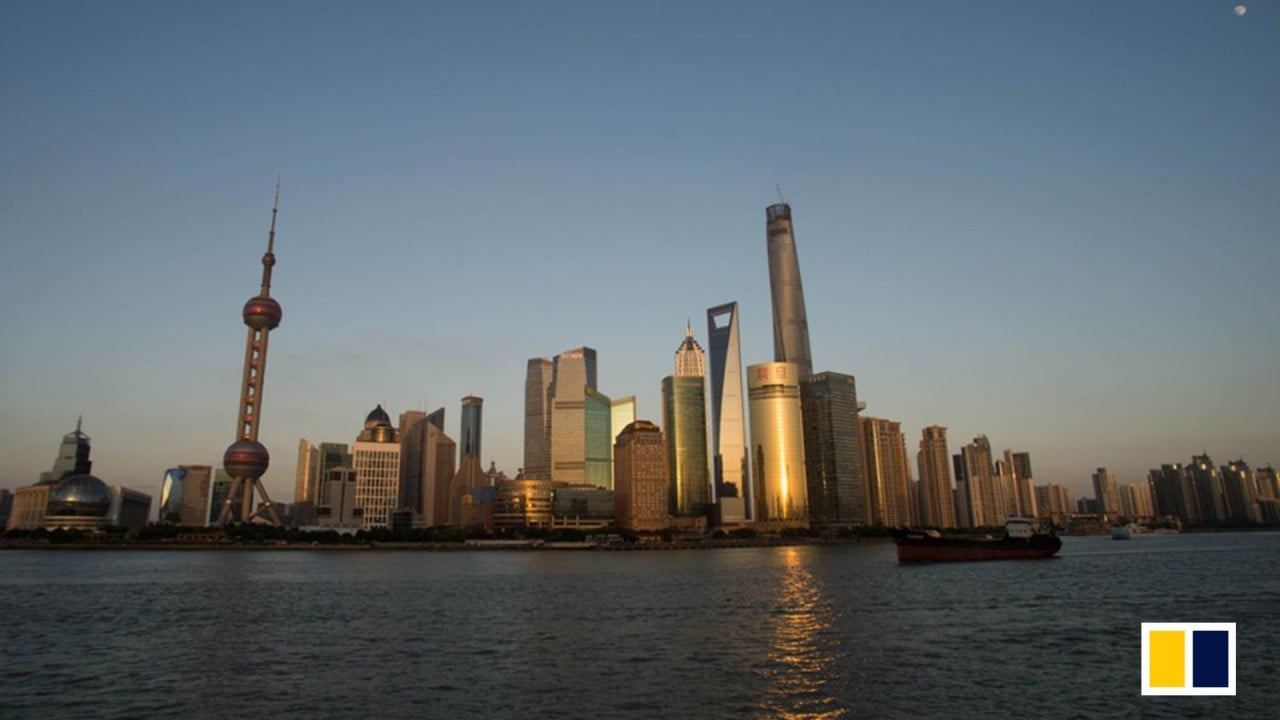US private equity firm Warburg to set up US$5 billion distressed property manager in China
- Firm will work with Chinese special situation asset manager Wensheng to create a joint venture
- China’s real estate special situations sector is entering an accelerated growth trajectory, Warburg executive says

Warburg Pincus is creating a Chinese asset management company to invest in distressed real estate opportunities, with plans to garner US$5 billion in assets in five years.
Warburg is tapping into a growing sector of distressed asset investment as more Chinese property companies feel the strain from tighter liquidity and policy curbs. High debt levels and a government deleveraging drive are pushing more developers to sell assets.
“In light of the ongoing financial reform in China and the continued regulatory development, the real estate special situations sector is entering an accelerated growth trajectory,” Zhang Qiqi, Warburg’s managing director, said in the statement.

01:58
40 years of opening up and reform: How property became a driving force in the economy
Beijing is trying to maintain its grip over China’s debt-fuelled property sector. It wants to cool the sector and guard against systemic risks in the financial system stemming from excessive real estate lending and speculative buying, especially at a time when economic growth in China faces uncertainties arising from the coronavirus pandemic, despite four straight quarters of growth since the second quarter of last year.